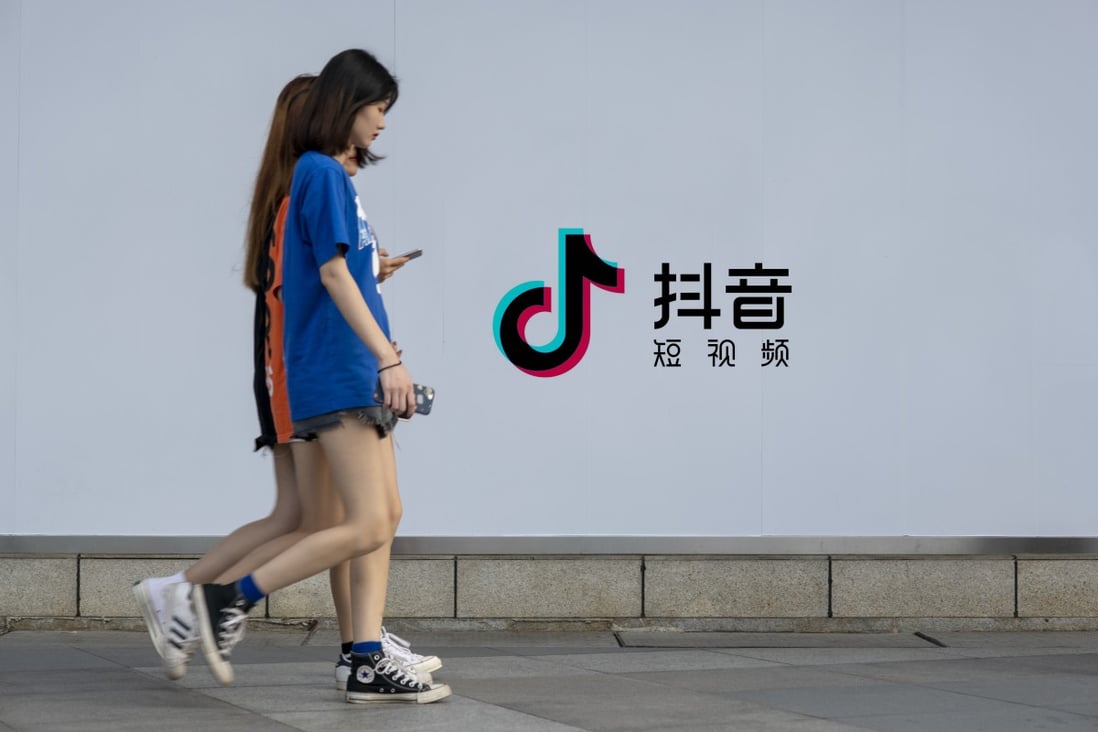Find out the week’s top mobile stories from around the world. This week..
WhatsApp controversy highlights growing fears about data privacy, Intelligent future: Putting the AI in IoT, Mobile gaming saw surge of new players in 2020 and much more…

WhatsApp controversy highlights growing fears about data privacy
DW
Many users abandoned WhatsApp after the messenger service changed its privacy policy. Worries that their data could end up with Facebook are driving them to competitors pushing superior data protection.
Millions of digital messenger app users seem to have scrambled for alternative services in the last week, after Facebook-owned WhatsApp announced changes to its privacy policy. The reaction highlights a growing concern — and lack of clarity — among users around data privacy.
Read more…
Can TikTok owner ByteDance break the mobile payments duopoly of Alipay, WeChat Pay?
SCMP
The new mobile payments service launched by tech unicorn ByteDance on its video-sharing platform Douyin, the sister app of TikTok, brings a major challenger in a market long dominated by Ant Group ’s Alipay and Tencent Holdings ’ WeChat Pay, industry analysts said. Douyin, which had 600 million daily active users as of August 2020, is expected to promote its Douyin Pay service in this year’s Spring Festival Gala , according to people familiar with the matter, under an exclusive advertising partnership with state broadcaster China Central Television (CCTV).
Intelligent future: Putting the AI in IoT
Mobile Europe
AI is becoming an essential part of IoT deployments, creating opportunities for players across the mobile ecosystem, finds Kate O’Flaherty.
The vast number of connections and devices comprising the IoT continues to surge. At the end of 2018, there were an estimated 22 billion IoT devices in use around the world, according to Statistica. By 2030, it is expected this number will reach around 50 billion.
To unlock IoT’s true value, though, the huge amounts of data produced by these connected devices needs to be analysed and acted upon. AI, and in particular the most common variety of it currently in use, machine learning, is key to that unlocking: it can increase efficiency and cut costs across myriad IoT applications, from industrial IoT (IIoT) to healthcare and autonomous vehicles.
Read more…
Cryptocurrencies are democratizing the financial world. Here’s how
World Economic Forum
Many people don’t realise that opening a bank account, sending money to their friends, applying for a mortgage, and other basic financial services we take for granted are luxuries in the developing world.
According to the World Bank, close to one-third of the world’s adults are “unbanked”, meaning they don’t use formal financial services. That’s nearly 2 billion people lacking access to the traditional financial system. They can’t protect their money, gain access to wealth-building tools and services, or effectively plan for their future.
But the problem isn’t just in the developing world.
Read more…
Mobile gaming saw surge of new players in 2020
Gamesindustry.biz
The full extent of mobile gaming growth in 2020 following surges of engagement during COVID-19 lockdowns is finally becoming apparent, with The NPD Group releasing its Deconstructing Mobile & Tablet Gaming report in collaboration with Sensor Tower.
Per the report, of the 303.7 million mobile users across the US and Canada in 2020, 238.7 million are active mobile gamers.
This is up 12% over 2019’s 214 million, a considerable growth increase from previous years, as the number of mobile games rose only 5% from 2017 to 2018, and only 2% from 2018 to 2019.
Read more…
Nokia Claims AI 5G RAN Triumph With China Mobile
sdx Central
Nokia and China Mobile today said a trial of artificial intelligence (AI) on the operator’s live 5G radio access network (RAN) successfully forecast bandwidth and detected traffic anomalies with accuracy in excess of 90%.
The Finnish vendor said its RAN intelligent controller (RIC) served as a gateway for a series of China Mobile technologies designed to create a more efficient network. During the trial, Nokia’s RIC paired with its AirFrame Open Edge server platform to use AI to forecast traffic bandwidth in Shanghai and detect network anomalies in China Mobile’s network in Taiyuan.
Read more…
Google says goodbye to giant internet balloons idea
BBC
Google’s parent-company Alphabet is scrapping a company set up to build giant balloons to beam the internet to rural areas.
Loon was a long-term experimental bet from the tech giant’s “X” business unit.
But it failed to get costs low enough to make it sustainable, its chief executive said in a blog post on Thursday announcing the winding-down.
The balloons were the size of tennis courts and self-navigating. “While we’ve found a number of willing partners along the way, we haven’t found a way to get the costs low enough to build a long-term, sustainable business,” Loon chief executive Alastair Westgarth wrote.
Read more…
Why Amazon launched its first mobile-only video plan in India
The Drum
Amazon launched its first-ever mobile-only video plan in India and experts believe it chose India to offer a point of difference in a competitive market, and capitalise on the country’s strong mobile user base.
India is a complex and nuanced market where brands have had to often tweak their strategies to find relevance and also increase their market share. Brands need to be localised keeping in mind the local nuances and market requirement.
There are many instances of global brands tweaking their go-to-market strategy and opting for India-first localisation. Kellogg’s, the leading breakfast cereal, launched many variants that were unique to India to suit the local palate. Uber, the leading riding app, did not have the cash payment option anywhere in the world until it rolled out the payment service unique to India. This is all because consumer habits are different. There are many such instances of India-first brand initiatives rolled out by global players.
Read more…
Healthcare enters an era of mobile innovation – what are the opportunities?
Telemedia Online
Research from Sinch shows a dramatic shift in consumer behavior — away from public spaces and physical meetings to favor digital interactions. And in the healthcare sector, the transition is even more pronounced. Usage of telemedicine has surged 245% since the COVID-19 crisis began, and many expect these changes will outlast the pandemic, marking a permanent shift in health-seeking behavior.
Surveying 2,890 consumers across 14 countries, Sinch documents dramatic changes in behavior and pinpoints the features and solutions patients want most from their healthcare relationships. People now want virtual and mobile health experiences – if only the sector can sprint to deliver it.













